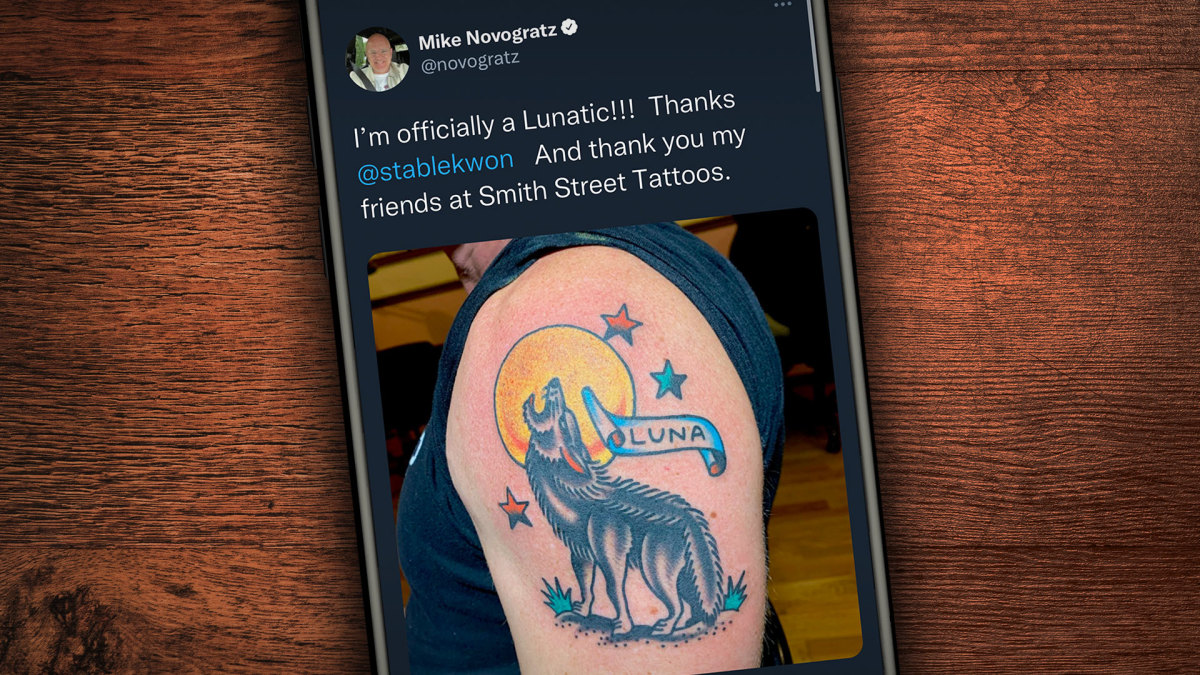He founded one of the crypto projects that has experienced one of the most spectacular collapses in recent months.
Do kwon, the co-founder of Terraform Labs, was one of the princes of the crypto industry but he has now fallen out of favor.
Last May, sister tokens Luna and UST lost all their value in a matter of days, wiping out at least $55 billion. Many retail investors lost their last savings, while for institutional investors, including prominent crypto firms, it was the beginning of the end.
Indeed, crypto lenders and brokers Celsius Network and Voyager Digital filed for Chapter 11 bankruptcy due to their exposure to hedge fund Three Arrows Capital, which had invested heavily in Luna. Three Arrows Capital was forced into liquidation.
Within days he had become one of the most hated people in the crypto industry. The authorities in the United States and in South Korea, of which he is a national, have launched investigations.
A few days ago, Seoul issued an arrest warrant for him and five others as part of the South Korean investigation. They are accused of fraud and violating local market laws. At the time of the warrant Do Kwon was living in Singapore.
But local police said on September 17 that Kwon was no longer in the country, suggesting he had fled. But Kwon reacted, saying he was not on the run and that he was collaborating with the South Korean authorities.
"I am not 'on the run' or anything similar," Kwon posted on Twitter on September 17. "For any government agency that has shown interest to communicate, we are in full cooperation and we don’t have anything to hide."
He added that he was preparing his defense to clear things up in the coming months.
"We are in the process of defending ourselves in multiple jurisdictions – we have held ourselves to an extremely high bar of integrity, and look forward to clarifying the truth over the next few months."
Despite the serious accusations against him, Kwon also accompanied his tweets with another humorous tweet in which he mocks the fact that he is said to be on the run.
"Tbh havent gone running in a while, need to cut some calories," Kwon quipped.
But South Korean authorities dispute his account. Korean prosecutors told Yonhap News Agency that Kwon flew to Singapore "obviously on the run" around late April and dissolved the firm's Korean branch, Terraform Labs Korea, at that time to "evade investigation."
Kwon is not cooperating with the prosecution investigation, and he told the prosecution, via a lawyer, that he had no intention to appear before them, Yonhap reported.
"Currently, we are in the process to locate the whereabouts of suspect Do Kwon and apprehend him," South Korean authorities said.
According to the Straits Times, Kwon has a Singaporean work permit – Employment Pass, or EP - which expires on December 7. His request for renewal is under review but it's said to be in jeopardy because South Korean authorities have moved to invalidate his passport to force him to return to the country.
Kwon has already been denied an application for a pass allowing foreign entrepreneurs to start and operate a business in Singapore, the Straits Times also reported.
Luna and UST were the first dominoes to crumble in what would later turn into a liquidity crunch for the crypto sector.
The two tokens crashed after UST lost its peg to the dollar, the foundation of it qualifying as a stablecoin. Such cryptocurrencies are tied to more stable assets, like the U.S. dollar or gold. From May 9 to May 13, at least $55 billion of market cap disappeared, causing many investors to sustain colossal losses.
UST was an algorithmic stablecoin, which was backed not by dollar reserves but rather by its sister asset, Luna. Algorithmic stablecoins are different from centralized alternatives like tether or USD coin, which are backed by actual dollars or equivalent assets stored in a bank.
Last June, employees of Terraform Labs reportedly told the U.S. Securities and Exchange Commission that Do Kwon was cashing out $80 million a month before the UST and Luna tokens crashed.
Author
Administraroot

